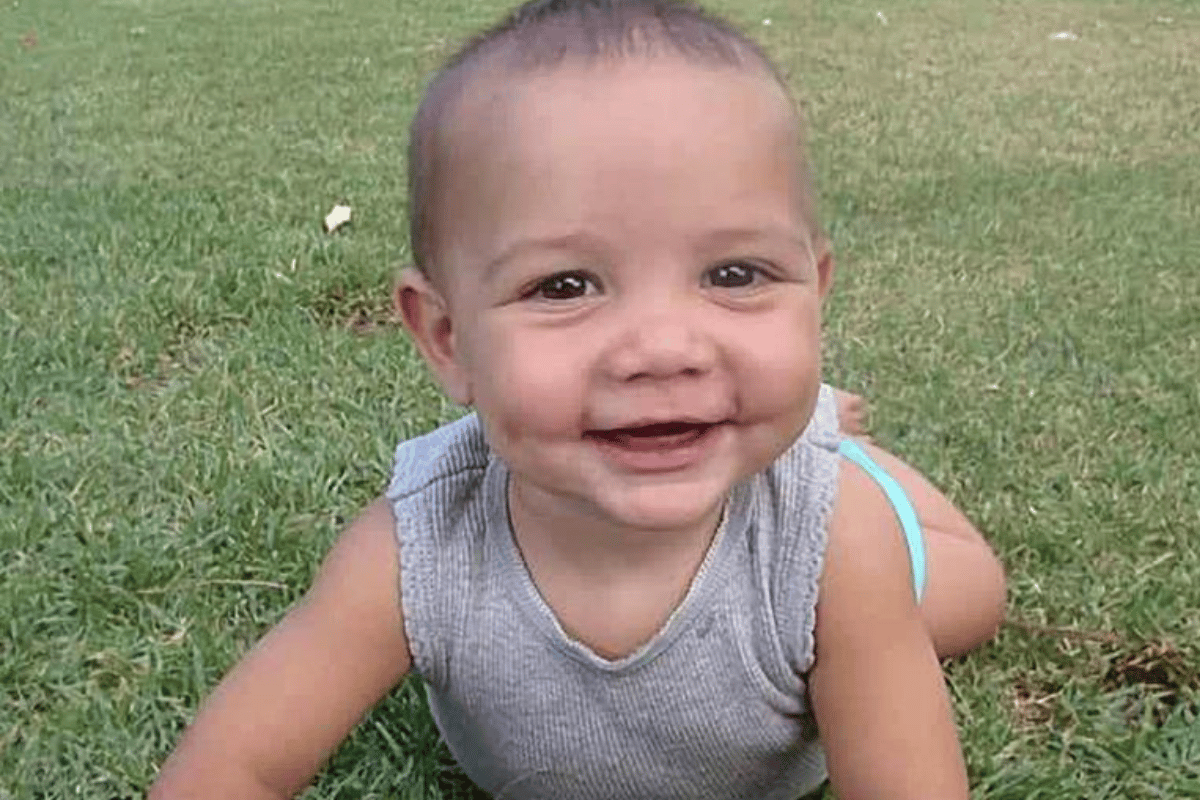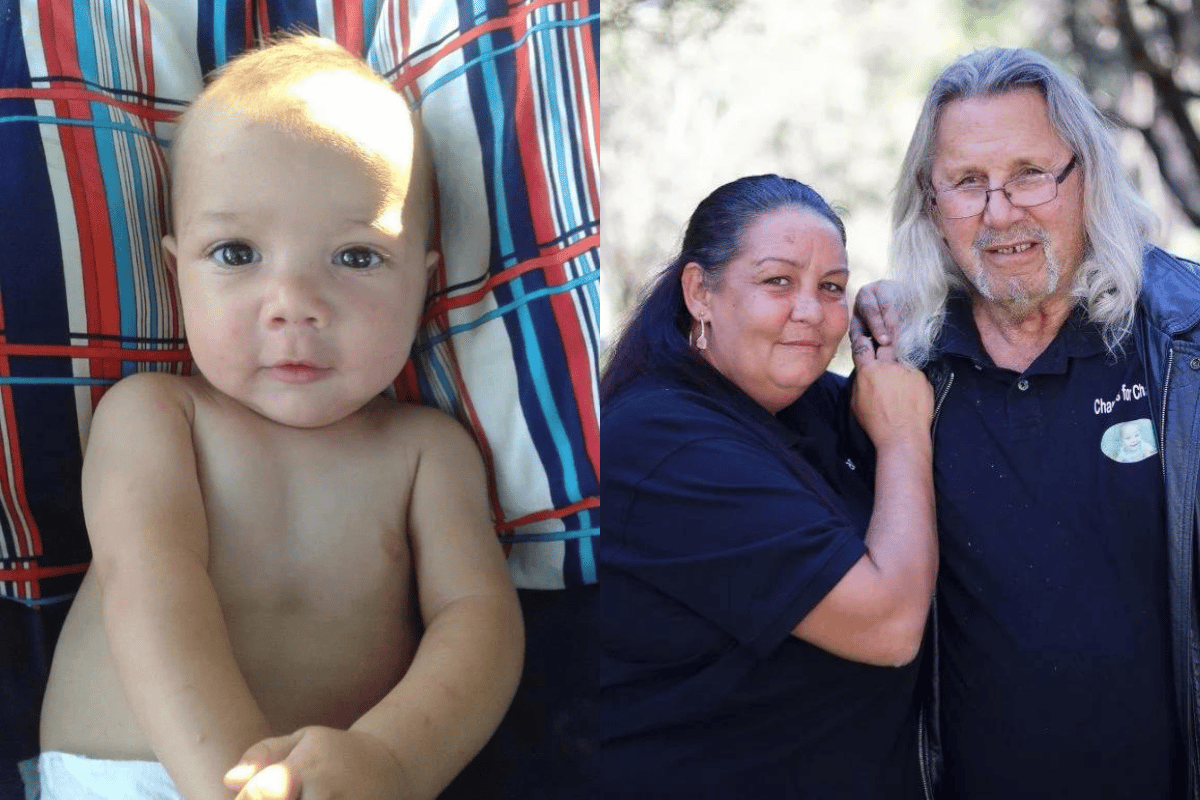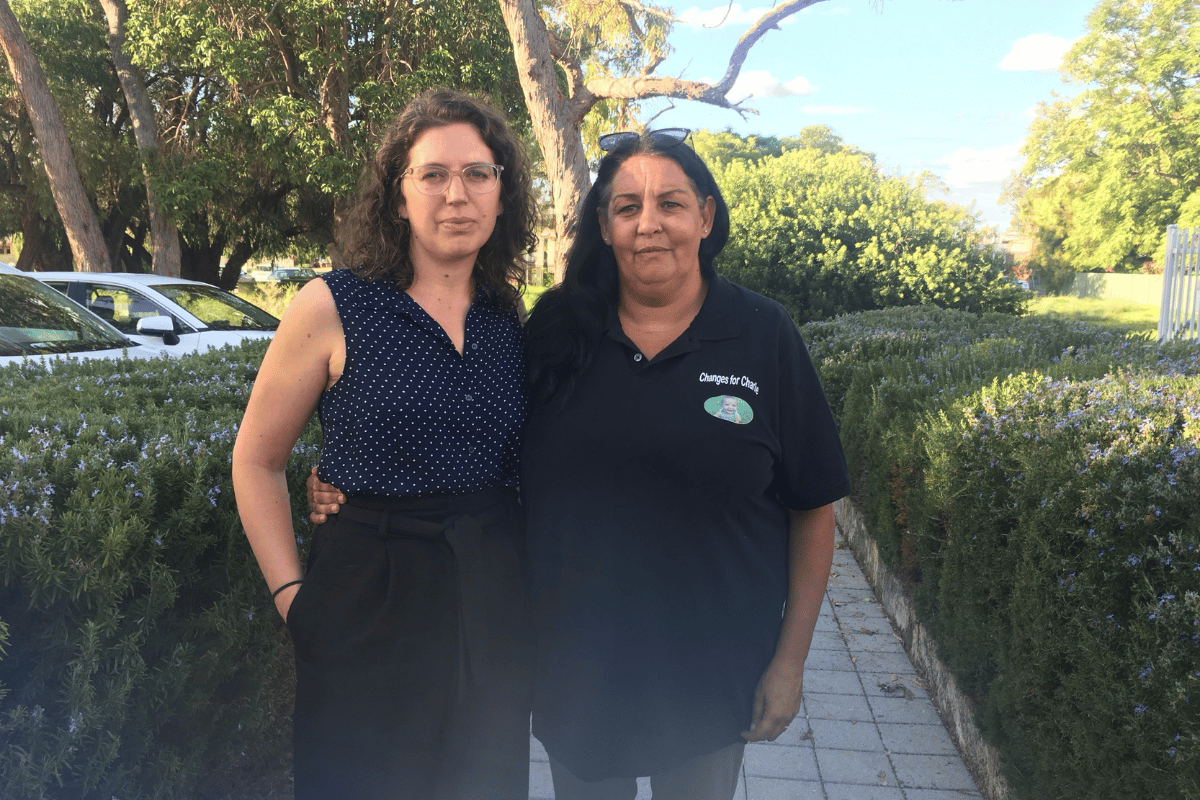
Warning: This story contains images and names of Indigenous people who have died, details of child abuse and murder, and mentions of suicide.
For 10 years now, Charlie Mullaley's family has been desperate for justice.
What happened to baby Charlie is considered one of the worst crimes in recent history — a case of child abuse, domestic violence, and alleged police discrimination.
Only in recent years did the family receive a formal apology and pardon from the Western Australian Government, with the Attorney-General saying: "I am sorry for the way you were treated by the government and the WA Police, both before and after losing baby Charlie."
Now, an inquiry is underway into missing and murdered Indigenous women and children.
There's a long list of cases that will shape the inquiry, each case an example of systemic failure from the institutions which are supposed to keep everyone safe. Charlie Mullaley's murder is one such story.
In March 2013, Charlie was subjected to a horror 15 hours. There were injuries from his head to his feet, and he died from his ordeal at the hands of his mother's ex-partner, Mervyn Bell. A man who was supposed to protect him.
Charlie was 10 months old.
Watch: Tamica Mullaley's parents spoke to SBS last year about that night. Post continues below.



Top Comments